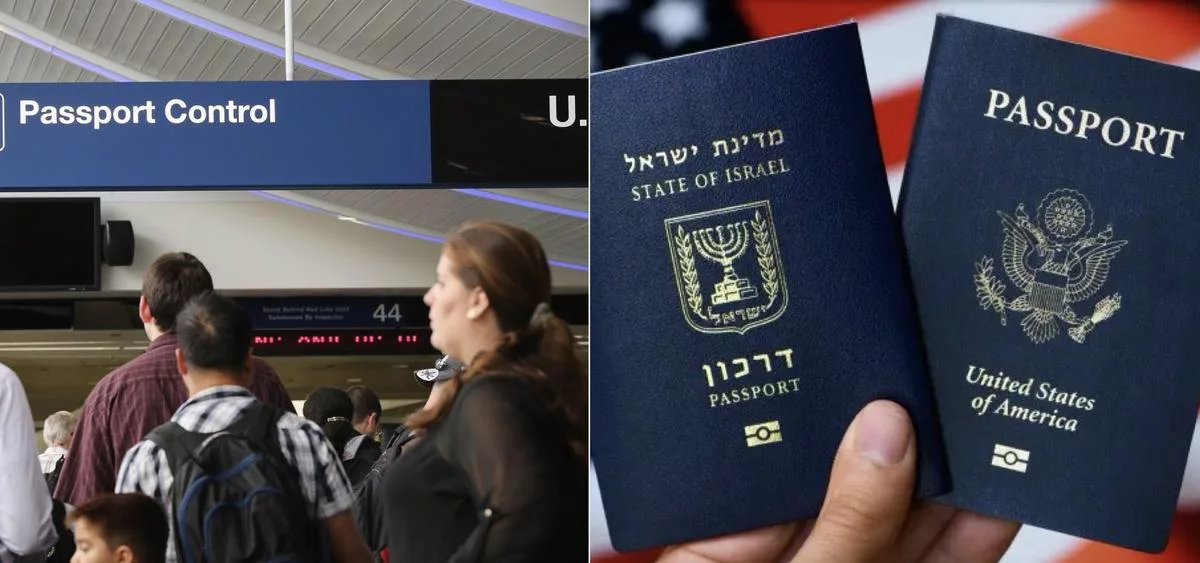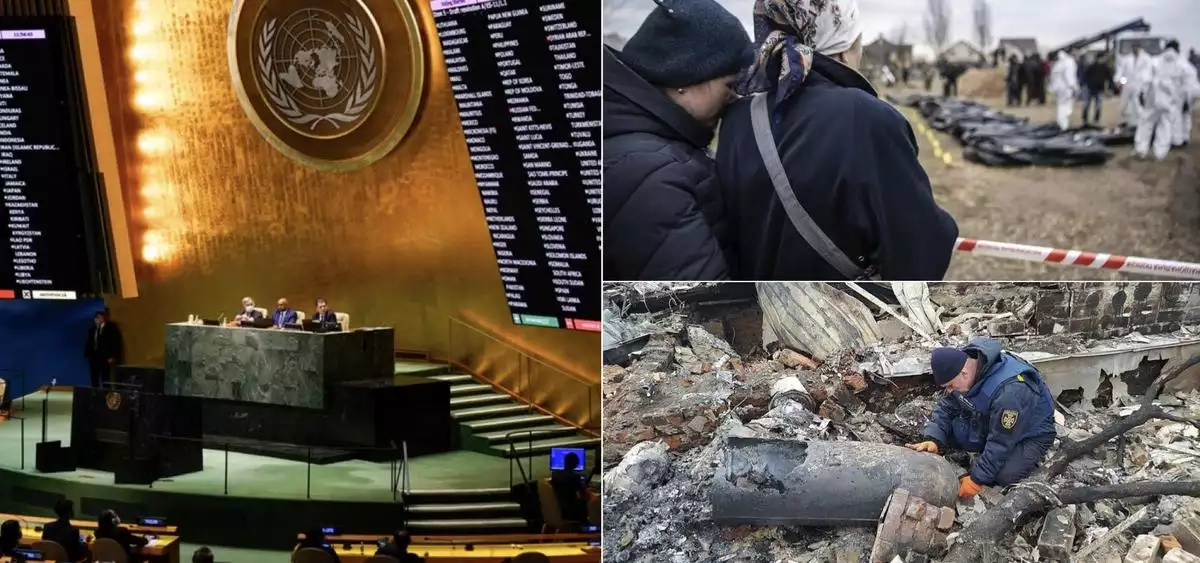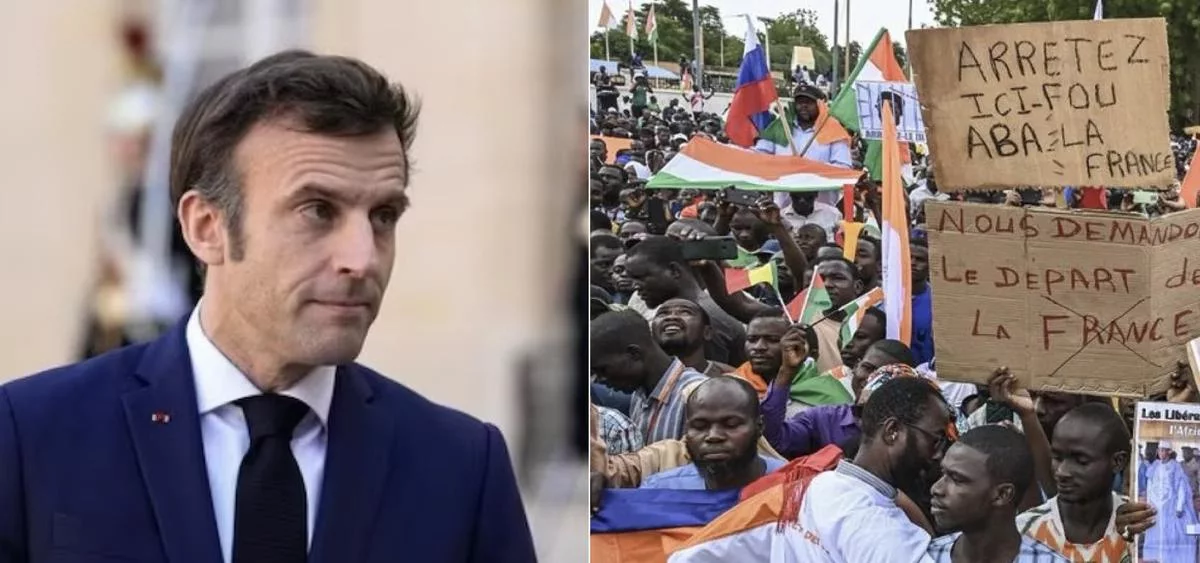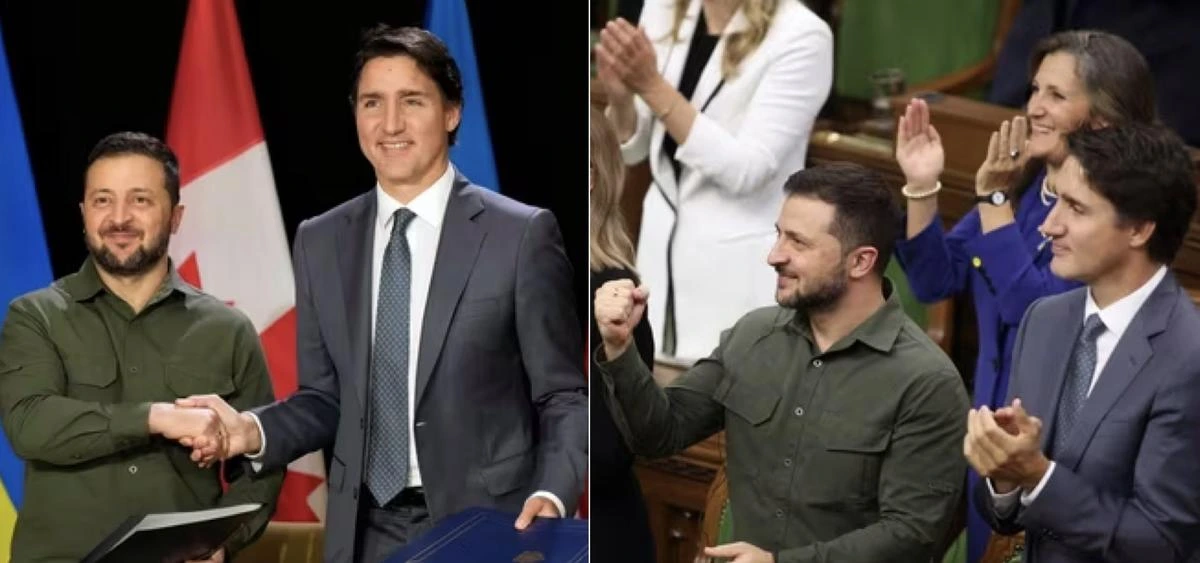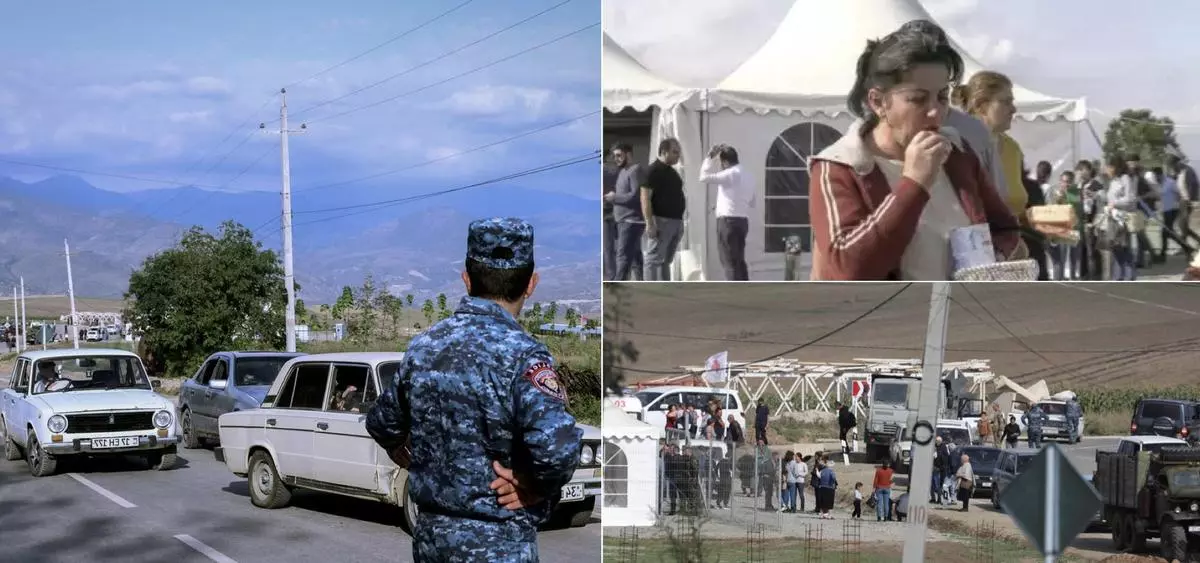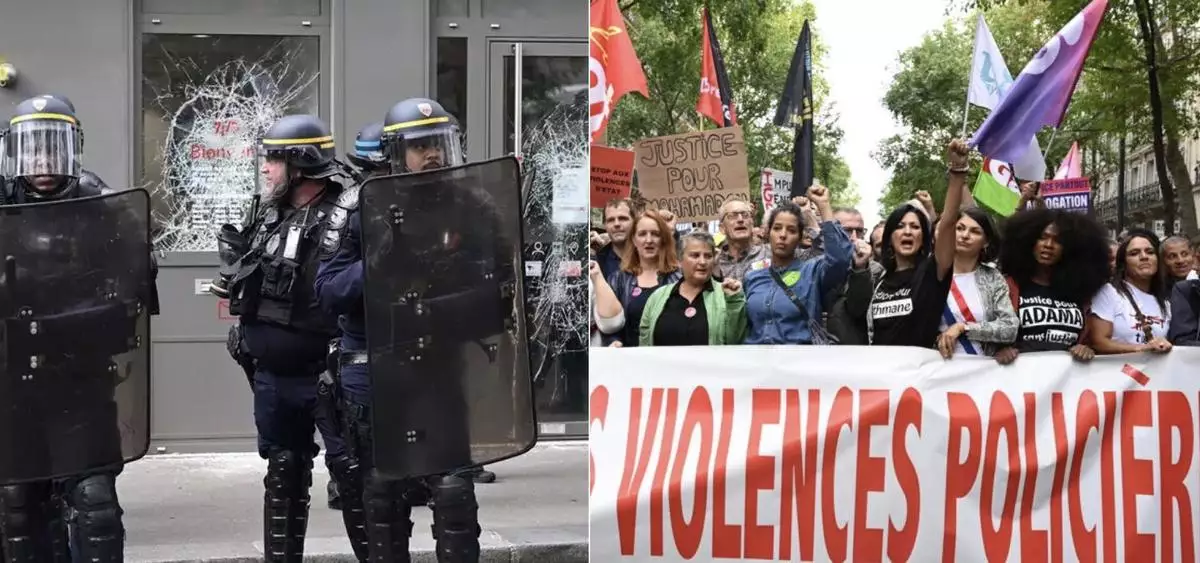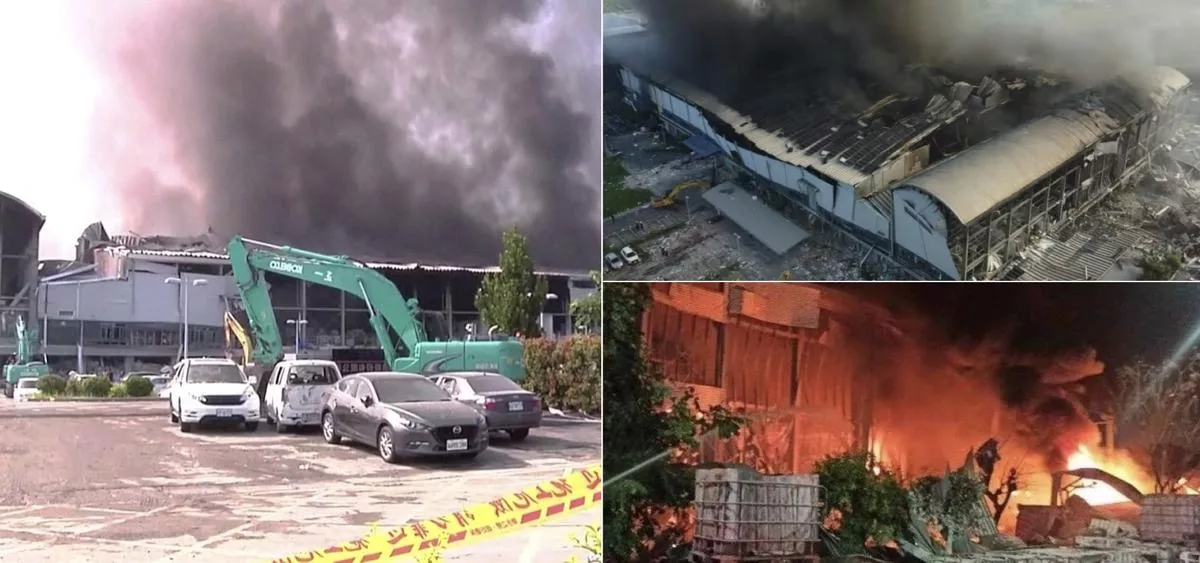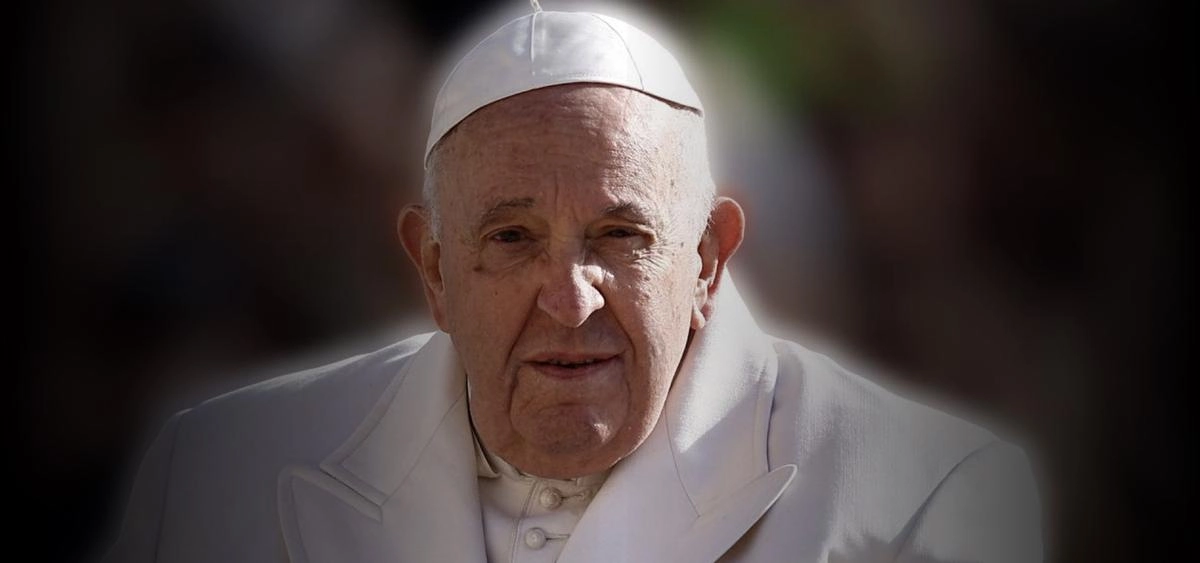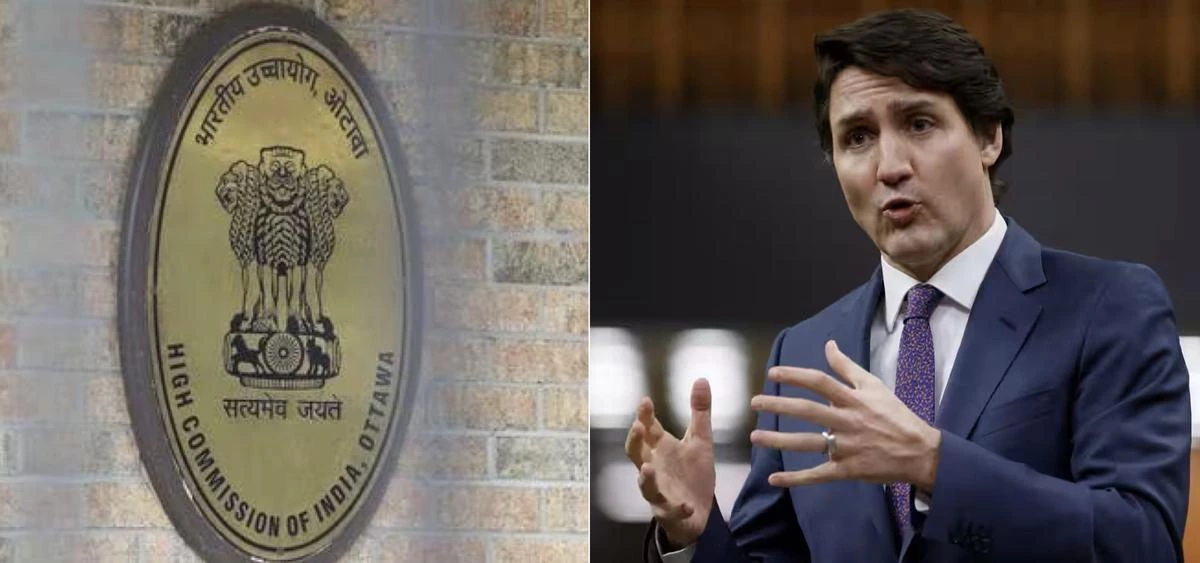Global concerns rise as Russian court upholds Alexei Navalny’s 19-year prison sentence on extremism charges, intensifying international scrutiny
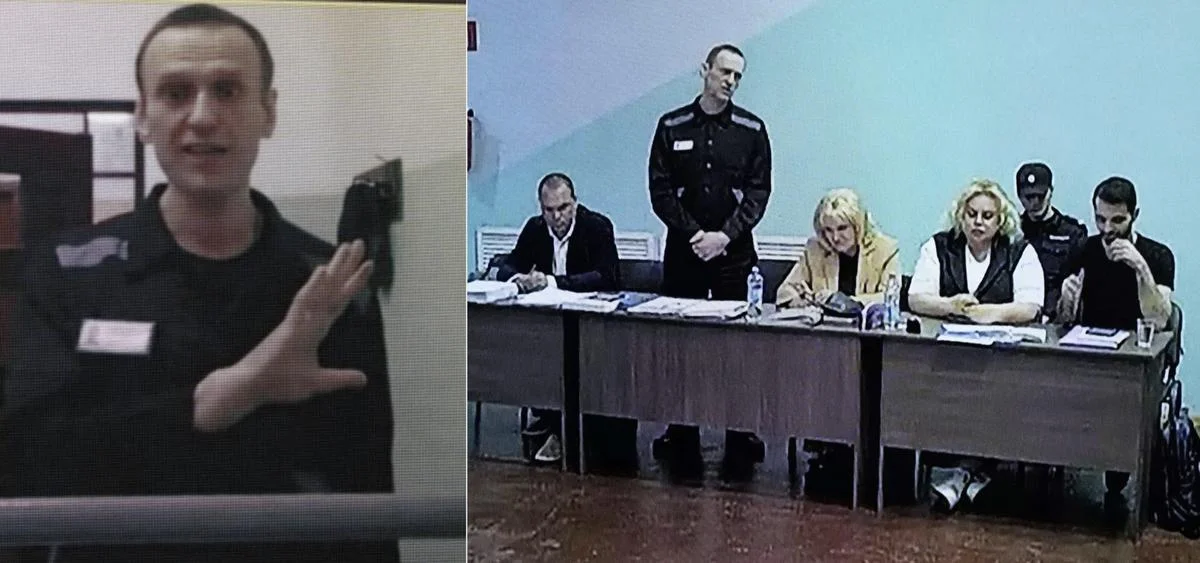
Credit: Google | Navalny was found guilty of charges
In a recent court decision that has ignited widespread international concern, the Russian judicial system upheld Alexei Navalny’s staggering 19-year prison sentence on charges of extremism. This ruling represents Navalny’s fifth criminal conviction and his third and most extended period of incarceration, leading many to view it as a deliberate strategy by the Kremlin to silence its most formidable opponent.
The court’s decision came after Navalny was found guilty of charges linked to his anti-corruption foundation and statements made by his key associates. The 19-year sentence, which began on January 17, 2021, the day of his arrest, is in addition to a previous nine-year term, all of which Navalny contends were politically motivated.
#BREAKING 🇷🇺🔒
— Today On Globe (@TodayOnGlobe) September 27, 2023
Russian court rejects Alexey Navalny's appeal, upholding his 19-year prison
sentence.#Navalny #Russia #JusticeDenied #tognews #todayonglobenews #todayonglobe pic.twitter.com/qtp4klh5bapic.twitter.com/Afsv1DlPdw pic.twitter.com/PzdJR1oKPC
Navalny’s associate, Daniel Kholodny, who stood trial alongside him, also had his eight-year sentence upheld. This verdict followed a closed-door appeal, justified by Russia’s Ministry of Internal Affairs citing concerns of “provocations” by Navalny’s supporters during the hearing.
Currently confined in a maximum-security prison, Penal Colony No. 6, near Melekhovo, approximately 230 kilometers east of Moscow, Navalny faces harsh conditions, including stints in a “punishment cell” for alleged disciplinary infractions, such as improperly buttoning his prison attire or failing to follow strict schedules.
The confirmation of his sentence has intensified global scrutiny of Navalny’s plight. Concerns have been voiced over the treatment of political prisoners in Russia and the suppression of dissenting voices. International figures, including the U.N. human rights chief Volker Türk, have called for Navalny’s release, citing serious concerns about the misuse of the Russian court system for political ends.
Navalny, a vocal critic of President Vladimir Putin, rose to prominence through his tireless efforts to expose official corruption and organize anti-Kremlin protests. He returned to Moscow in January 2021 after recovering in Germany from a nerve agent poisoning incident he attributed to the Kremlin. This event marked his arrest and subsequent legal battles.
The extremism charges against Navalny retroactively criminalize the activities of his anti-corruption foundation since its inception in 2011. In a bid to quash opposition, Russian authorities declared the foundation and Navalny’s regional offices as extremist organizations in 2021.
Navalny, while facing daunting odds, has called on Russians to resist and support political prisoners. His case has garnered comparisons to the oppressive Stalinist era, with Navalny stating that “there is shame in doing nothing” and encouraging individuals to take a stand against intimidation.
As the international community rallies in support of Navalny, questions continue to swirl about Russia’s commitment to political freedom and human rights, placing further pressure on the Kremlin to address these concerns.
RELATED NEWS
WEB STORIES FOR YOU
Stay connected with Today On Globe for the latest Global Issues and News Updates.
Explore more related articles at [TOG News / TOG Article]












